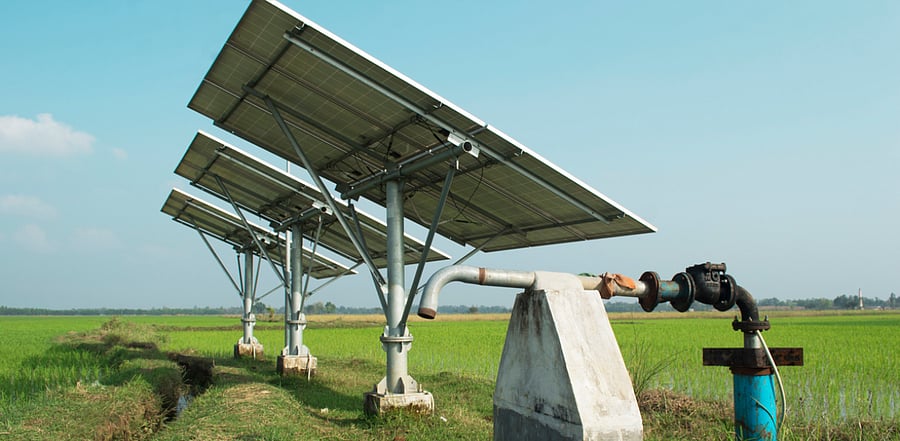
The Maharashtra government is contemplating floating its own Non-Conventional Energy Policy soon.
The state will make an investment of Rs 1 lakh crore by 2025 and it intends to generate non-conventional energy such as solar, wind, hydroelectric, waste-to-energy, and new technology-based among others, to the tune of 17,385 mega-watts.
“We are encouraging the use of alternative clean fuels like hydrogen cell fuel while our commitment is to have a minimum of 25% of our overall energy needs to be met through solar energy by 2025. Innovative methods like solarising highways, barren farmlands and floating solar panels on our dams are a part of that effort,” state Environment, Tourism and Protocol Minister Aditya Thackeray said. As a part of the energy transition, Maharashtra has an Electric Vehicles (EV) Policy, approved in early 2018, which will come into effect soon.
It aims at increasing the registered number of EVs to five lakh through the 5-year policy duration while creating over one lakh jobs with an investment of Rs 25.5 crore through manufacturing. “This policy will be implemented in six cities including Mumbai, Thane, Pune, Nashik, Aurangabad and Nagpur,” said Thackeray at Climate Voices, a collaborative initiative aimed at engaging people in Maharashtra on climate change and amplifying solutions. The government is working alongside the Netherlands to cooperate on an integrated approach towards a sustainable circular economy in the water-plastics-reuse sector.
A climate action curriculum has been developed for young minds in Maharashtra under the state’s Majhi Vasundhara Abhiyaan (My Earth Campaign).
In 2020, Maharashtra had to pay out almost Rs 13,000 crores as compensation for weather events related to climate change. “The livelihood of communities, from coastal areas to hills to farmlands, is dependent on each of these ecosystems, which will be altered by effects of climate change. This might lead to distress and social instability,” said Thackeray.
Among scaling climate efforts internationally, Maharashtra has also signed a Memorandum of Understanding (MoU) with the C40 Climate Leadership Group. Under this, a draft climate action plan will be prepared for Mumbai by August 2021. “This is a first for any C40 city in the Indian subcontinent,” he said.
